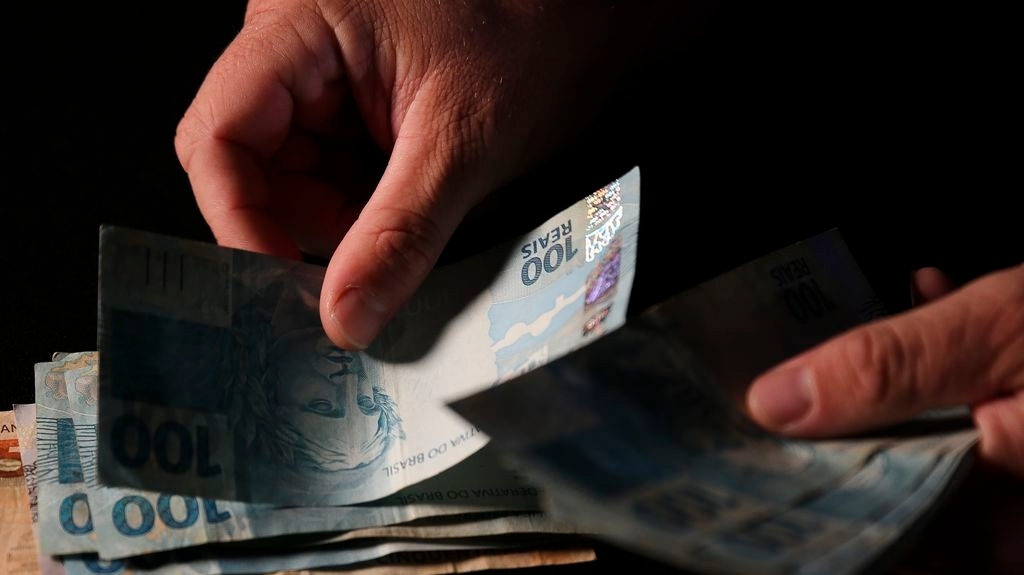Brazilian economy will grow less than the world average in 2025 and 2026, says IMF

The International Monetary Fund (IMF) said that the Brazilian economy will grow less than the world average in 2025 and 2026, according to a new review released on Tuesday (14). Although the forecast is the second most optimistic this year, rising from 2.3% to 2.4%, it will be below the median expected for the rest of the world, of 3.2%.
According to the World Economic Outlook report, the same is expected in 2026, when the country's GDP is expected to grow by only 1.9%, while the global average will be 3.1%. The IMF states that the tariff hike imposed by US President Donald Trump on Brazilian products will be one of the reasons for this lower growth.
“The estimate for 2026 was revised downwards, in part due to the higher tariff rate on the country's exports to the United States,” the agency wrote in the report.
Although the review brought optimistic numbers for the Brazilian economy, the new projection frustrates the expectations of President Luiz Inácio Lula da Silva (PT), that his government is responsible for making the country grow above 3%, as he normally mentions in his speeches.
IMF data, however, highlight the government's challenge in balancing fiscal policy, inflation control, and growth stimulus. Uncertainties about the framework, along with the difficulty of approving new sources of revenue, increased public spending, and reliance on domestic consumption as a growth driver, weigh on investor confidence and hinder productivity.
In addition to lower growth, Brazil is expected to face higher-than-expected inflation. The IMF revised its forecast for this year's IPCA from 4.4% to 5.2%. By 2026, the index is expected to fall to 4%, still above the 3% target set by the Central Bank.
According to the IMF, the revised projections partly reflect the "stabilization of inflation expectations above target, reflecting the credibility challenges associated with fiscal policy uncertainties last year." The agency added that the recent strengthening of the real may only bring some relief between the end of 2025 and 2026.
The report also indicates a weakening of the Brazilian labor market, with the unemployment rate rising from 6.9% in 2024 to 7.1% this year, and reaching 7.3% in 2026. The trend reflects, according to the IMF, a natural slowdown after the temporary boost recorded during the post-pandemic recovery period and the specific incentives to consumption.
Globally, the outlook is more optimistic. The Fund revised its global economic growth projection for 2025 upwards from 3% to 3.2%, maintaining growth of 3.1% for 2026.
gazetadopovo





